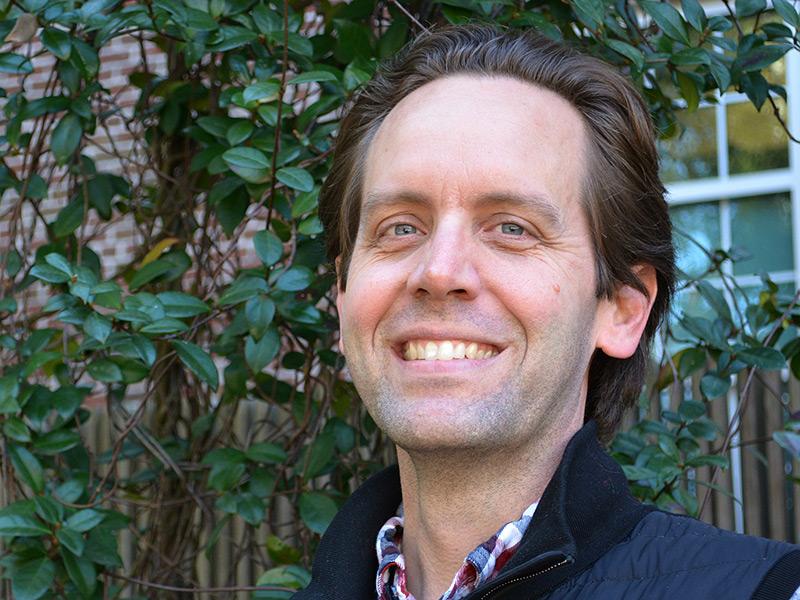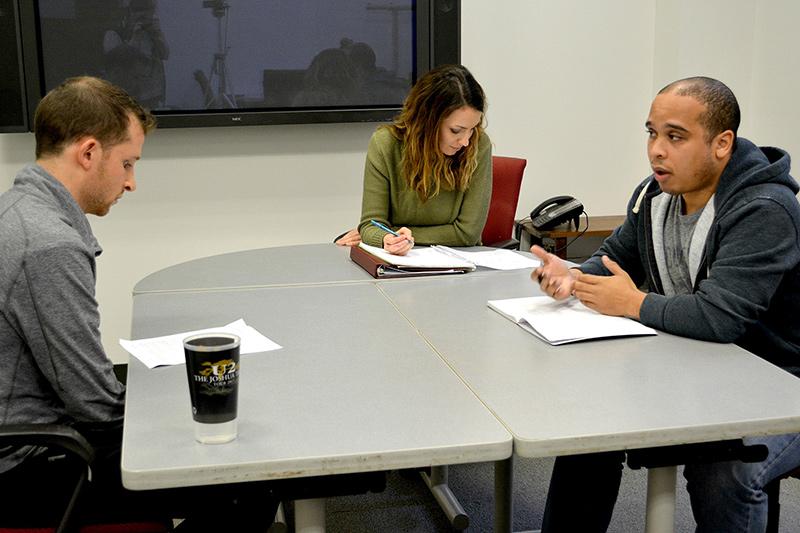‘Dreamers’ to get assistance through Tulane Law School legal aid
In a continued expansion of Tulane Law School’s offerings relating to immigration law, the Tulane University Legal Assistance Program (TULAP) has hired its first immigration attorney to aid Tulane students, staff and faculty facing legal challenges relating to their immigration status.
Marco Balducci, longtime immigration lawyer both in private practice and with Catholic Charities of New Orleans, will work with law students on a myriad of immigration issues and questions.
Students and scholars affected by President Trump's travel ban, those with visa lapses or changes and the “Dreamers” who fall under the Deferred Action for Childhood Arrivals (DACA) program, will be among those to benefit.
DACA students will take priority as they are at risk of losing their protected status as of March 5.
“If I had to measure our success a year from now, success would mean that the program has earned the trust of the Tulane community and has enhanced the sense of welcome, safety and empowerment of all members, irrespective of immigration status,” said Balducci, a partner with Pelton & Balducci in New Orleans. “Noncitizen members of the community will know that their school prioritizes making accurate and useful immigration information accessible and has facilitated their access to legal representation in their immigration case, should that be necessary.”
Balducci’s hiring was made as the result of a campus forum on the needs of Tulane’s international community led by the university’s Office of International Students and Scholars (OISS).
“One of the things that got the most votes [in the forum] was the need for an immigration counsel,” said Kristy Magner, OISS director. “It was clear people had immigration questions and they felt the students needed an attorney.”
Laila Hlass, director of Experiential Learning at Tulane Law School, said opportunities for pro bono work in immigration are in high demand among law students.
Hlass, an expert in immigration law, currently co-teaches a course in which students are working with real clients and members of the New Orleans Workers’ Center for Racial Justice.
“Our students, especially those interested in public service, really want opportunities to work with these vulnerable populations,” said Hlass.


